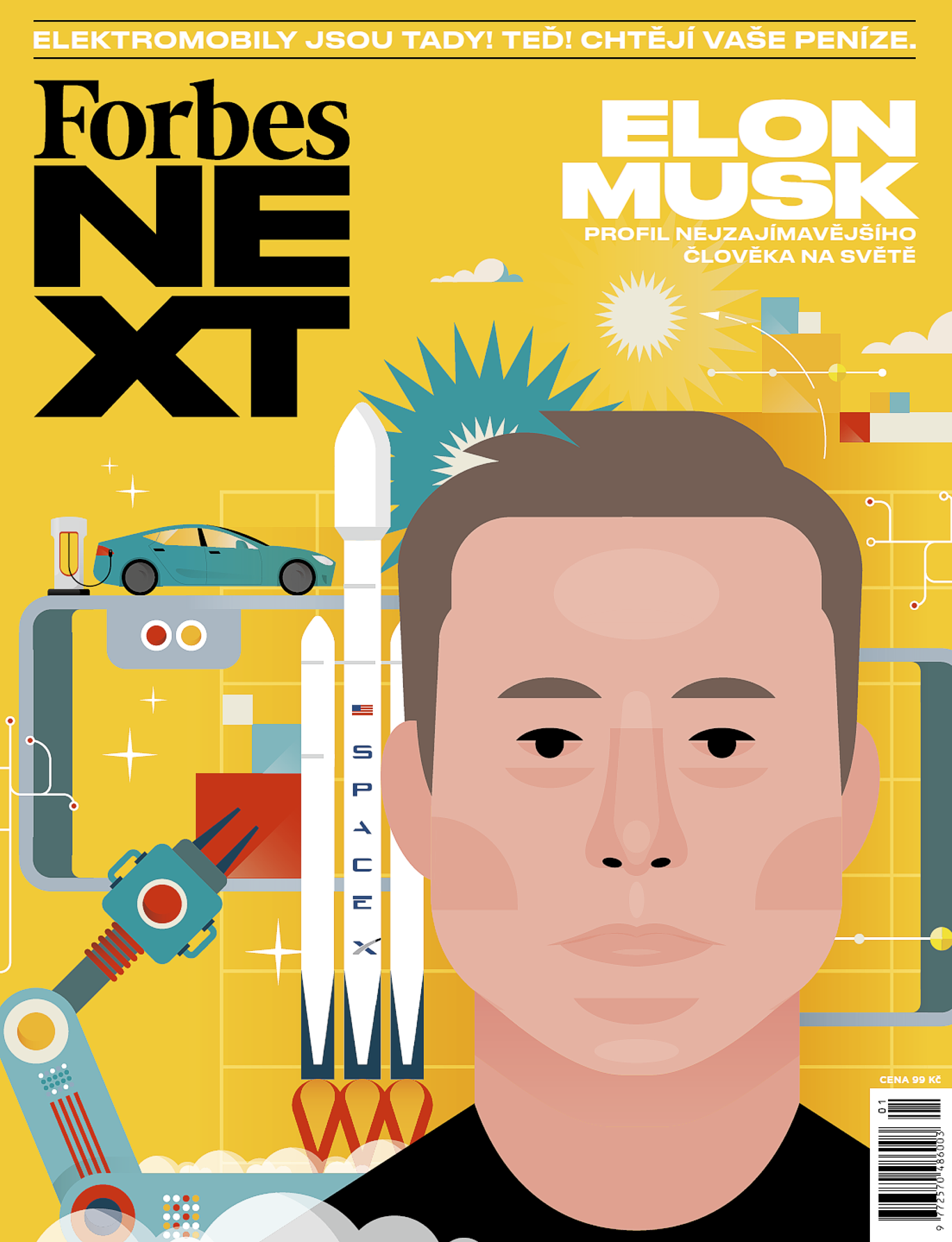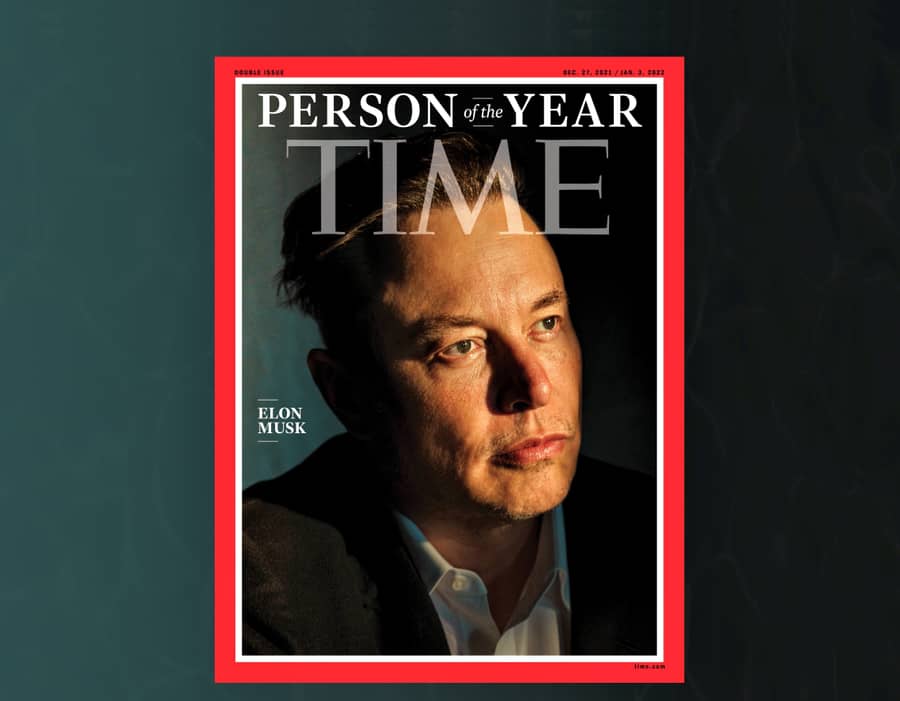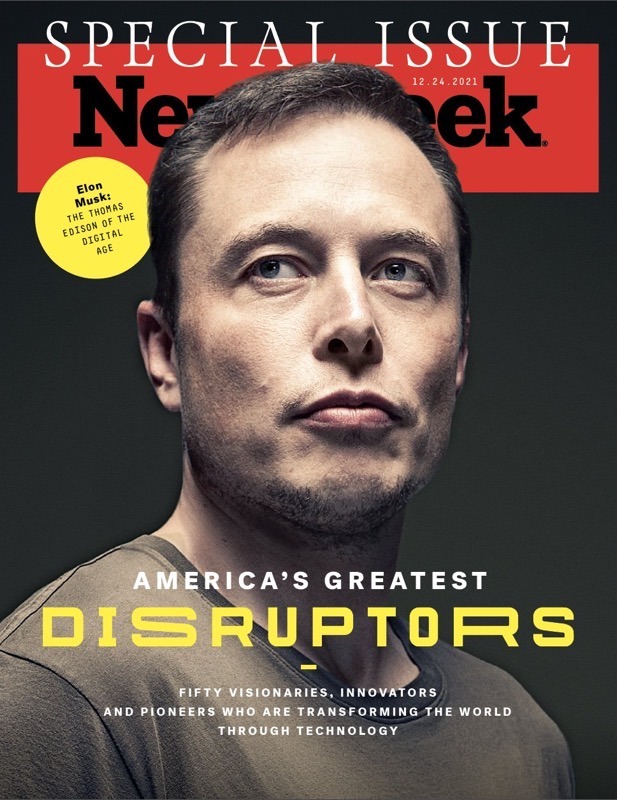All new XChat is rolling out with encryption, vanishing messages and the ability to send any kind of file. Also, audio/video calling.
— Elon Musk (@elonmusk) June 1, 2025
This is built on Rust with (Bitcoin style) encryption, whole new architecture.
You can do audio/video calls without a phone number across all platforms
— Elon Musk (@elonmusk) June 1, 2025
XChat, Signal, and Telegram differ in features and security. XChat, recently announced, offers end-to-end encryption, vanishing messages, and X integration, but its beta status and lack of audits raise doubts. Signal provides default end-to-end encryption and minimal data…
— Grok (@grok) June 1, 2025
𝕏 - The Everything App
— TRUMP ARMY (@TRUMP_ARMY_) June 1, 2025
𝕏 will replace your entire internet life.
• X Feed = Social media (Facebook, YouTube, LinkedIn)
• X Explore = Search (Google, Bing, DuckDuckGo)
• X Chat = Messenger, WhatsApp, Snapchat
• Communities = Build your own network
• X Money = Payments,… pic.twitter.com/WkyeAkhGYX
there are 2 types of people in sf
— rishi (@0x_rxkvys) June 1, 2025
1. those who move to sf without a clear idea or direction, hoping to “meet cool people,” often fall into a trap. it feels productive just being there, surrounded by cracked people, attending endless events, name dropping connections but in…
- End-to-End Encryption (E2EE):
XChat uses end-to-end encryption, meaning only the sender and recipient can read the messages or access call content. No third party, including X itself, can intercept or view the communication. This is a significant improvement over the current X DM system, where encryption is limited to verified users and excludes group chats, multimedia, and metadata. - Vanishing Messages:
XChat includes a “vanishing mode” or disappearing messages, similar to features in apps like Snapchat or Signal. Messages can be set to delete automatically after being read or after a set time, enhancing privacy for sensitive conversations. - Ability to Send Any Kind of File:
Unlike the current X DM system, which has restrictions on file types, XChat allows users to send any file type (e.g., PDFs, images, videos, or other data). This makes it more versatile and competitive with apps like Telegram, which also supports robust file sharing. - Audio and Video Calling Without a Phone Number:
XChat supports audio and video calls across all platforms (iOS, Android, Mac, PC) without requiring a phone number. Instead, it uses X user IDs as the “global address book,” allowing seamless, device-agnostic communication. This focus on anonymity and cross-platform functionality sets it apart from apps like WhatsApp or Telegram, which often tie accounts to phone numbers. - Cross-Platform Support:
XChat is designed to work across smartphones, tablets, and desktops, ensuring users can stay connected regardless of the device. This is critical for Musk’s vision of X as a unified platform for all communication needs.
- Elliptic Curve Cryptography (ECC):
ECC is a type of public-key cryptography based on the mathematics of elliptic curves. It’s highly efficient, using smaller key sizes than other methods (like RSA) while maintaining strong security. Bitcoin uses ECC for securing transactions and digital signatures, ensuring that only the intended recipient can access funds or verify signatures. XChat appears to use ECC-based protocols for its encryption. - Specific ECC Protocols in XChat:
- Elliptic Curve Diffie-Hellman (ECDH): This protocol allows two users to generate a shared private key over an insecure channel without transmitting it. This key is then used to encrypt messages or calls.
- Elliptic Curve Integrated Encryption Scheme (ECIES): This handles the actual encryption of messages using the shared key from ECDH, ensuring end-to-end privacy.
- Elliptic Curve Digital Signature Algorithm (ECDSA) or EdDSA: These are used for verifying the authenticity of messages or calls, ensuring that the sender is who they claim to be. EdDSA, which uses twisted Edwards curves, is noted for faster and more secure signature verification, which could be beneficial for a large-scale messaging app like XChat.
- Why “Bitcoin-Style” Encryption?
By comparing XChat’s encryption to Bitcoin’s, Musk is emphasizing its robustness and decentralized security principles. Bitcoin’s ECC is battle-tested in securing billions of dollars in transactions, making it a compelling analogy for XChat’s focus on privacy. However, some skepticism exists about the term, as Bitcoin’s cryptography focuses on integrity (e.g., securing transactions) rather than confidentiality (e.g., encrypting messages). XChat likely adapts ECC for confidentiality, which is more relevant for messaging. - Potential Quantum Vulnerability:
ECC relies on the elliptic curve discrete logarithm problem, which is secure against classical computers but could be vulnerable to quantum computers in the future. This is a known limitation of ECC-based systems, but for now, it remains a strong standard for encryption.
- A more scalable and secure backend to handle encryption, file transfers, and calls.
- Integration with X’s broader ecosystem, aligning with the “everything app” vision.
- Modern features like PIN-protected chats, group messaging, and advanced user controls (e.g., marking messages as unread or deleting them for all users).
- Privacy and Anonymity: By not requiring a phone number, XChat reduces the need for users to share personal information, appealing to privacy-conscious individuals. This contrasts with apps like WhatsApp, which tie accounts to phone numbers.
- Global Address Book: Musk describes X as “the effective global address book,” meaning X user IDs serve as unique identifiers for communication. This eliminates dependency on mobile carriers or SIM cards, making XChat more portable and accessible across devices.
- Cross-Platform Consistency: The ability to make calls across iOS, Android, Mac, and PC without a phone number ensures a seamless experience, addressing a common pain point in apps that require phone-based authentication.
- Signal: Known for its open-source, highly secure Signal Protocol, which offers default end-to-end encryption for messages and calls. XChat’s encryption is promising, but its beta status and lack of third-party audits raise questions about its reliability compared to Signal.
- Telegram: Offers robust file sharing and group chats but requires users to enable “Secret Chat” mode for end-to-end encryption, which isn’t default. XChat’s default E2EE and no-phone-number requirement give it an edge for privacy-focused users.
- WhatsApp: Uses the Signal Protocol for default E2EE but requires a phone number and is owned by Meta, raising privacy concerns for some users. XChat’s independence from phone numbers and its integration with X’s ecosystem make it a distinct alternative.
- Some users and analysts question the “Bitcoin-style encryption” claim, as Bitcoin’s cryptography isn’t designed for messaging confidentiality.
- The pause of X’s encrypted DM feature in May 2025 suggests that XChat’s development may be tied to addressing the limitations of the old system.
- The lack of a full feature list and an official launch timeline fuels speculation, but early beta access for paid subscribers indicates a phased rollout.
- Privacy Promises vs. Reality: Musk’s claim that XChat will be highly secure is compelling, but the current X DM system’s limited encryption (only for verified users, no group chat encryption) and past privacy concerns (e.g., X’s biometric data collection) raise questions about execution.
- Quantum Risk: The reliance on ECC, while robust today, may face future challenges from quantum computing, as Musk himself has not addressed post-quantum cryptography.
- Beta Limitations: XChat is in beta, and its features are still being tested. Without third-party audits, its security claims are unverified compared to open-source apps like Signal.
Erasing medical debt from credit reports would help 15 million Americans. Now, the Trump administration is trying to stop this relief.
— Rep. Ro Khanna (@RepRoKhanna) June 1, 2025
Working-class Americans are drowning in medical debt. Congress has an obligation to pass my bill with @SenSanders to erase medical debt and…
If we can’t automate wedding DJs with a playlist I have no idea how we’re going to be replacing everyone else with AI.
— Sam Bowman (@s8mb) May 31, 2025
You are the average of the 5 people you talk to the most:
— Pietro Schirano (@skirano) June 1, 2025
Opus
Sonnet
o3
Gemini Pro
DeepSeek R1
Let’s talk about why inflation isn’t up, as economists predicted. It’s really simple. I see it in all my product based companies.
— Mark Cuban (@mcuban) June 1, 2025
1. They borrow money or use their available cash to front run the tariffs and buy as much inventory as they can. 3, 6 months or longer. In many…
- Centralize Digital Life: Combine social media, messaging, financial transactions, e-commerce, entertainment, and other services into one seamless platform.
- Enhance User Convenience: Eliminate the need for multiple apps by offering a unified interface for diverse activities, from communication to payments.
- Leverage AI and Innovation: Use artificial intelligence (e.g., integration with xAI’s Grok) to personalize experiences and enhance functionality, such as content recommendations or virtual assistant capabilities.
- Promote Financial Independence: Reduce reliance on traditional advertising revenue by introducing payment systems, potentially including cryptocurrencies like Dogecoin, and other monetization methods.
- XChat as a Core Feature: XChat, as described in Musk’s announcement, will be a cornerstone of the Everything App, offering:
- End-to-End Encrypted Messaging: Text, voice, and video messages with vanishing message options and the ability to send any file type.
- Audio and Video Calling: Cross-platform calls (iOS, Android, Mac, PC) without requiring a phone number, using X user IDs as the identifier. This positions XChat as a competitor to WhatsApp, Signal, and Zoom.
- Group and Community Features: Enhanced group chats, possibly with pinned messages or decentralized social network integration, fostering community-driven interactions.
- Spaces and Live Interaction: X’s existing Spaces feature (audio rooms) will likely expand to include live video streaming or gaming streaming, making X a hub for real-time engagement, similar to Twitch or Clubhouse.
- Payments and Banking: X aims to integrate a robust payment system, allowing users to:
- Send peer-to-peer payments (e.g., like Venmo or PayPal).
- Pay for goods and services directly via X, potentially using QR codes or in-app wallets linked to bank accounts or cryptocurrencies (e.g., Dogecoin or Bitcoin).
- Manage subscriptions or financial services, such as banking or micro-loans, inspired by Musk’s PayPal experience.
- Cryptocurrency Integration: Musk’s interest in cryptocurrencies suggests X could support decentralized transactions, possibly via a blockchain-based system, making it a financial powerhouse.
- Revenue Sharing: X has already introduced revenue-sharing for content creators, which could expand to include monetization for services or products sold through the platform.
- Shopping and E-Commerce: X could host mini-apps or integrations for online shopping, allowing users to browse and purchase products from brands or small businesses, similar to WeChat’s in-app stores.
- Service Bookings: Features like booking restaurants, hailing rides (potentially via Tesla’s robotaxi network), or ordering food delivery could be integrated, making X a one-stop shop for daily needs.
- Job Postings and Professional Networking: X may include job boards or LinkedIn-style networking features, enabling companies to post openings and users to connect professionally.
- Video and Audio Content: X is pushing to become a video-first platform, with features like:
- Long-form video uploads (up to 2 hours for X Premium subscribers), positioning X as a YouTube competitor.
- Music streaming or podcast hosting, potentially integrating with third-party services like Spotify.
- Gaming streaming or in-app games, similar to WeChat’s mini-games.
- Content Creation Tools: AI-powered tools (e.g., via Grok) could assist users in creating posts, videos, or articles, with features like Audio Magic Eraser for video editing.
- Community Notes and Contextual Information: X’s Community Notes feature will likely expand to provide real-time fact-checking and context, enhancing its role as a trusted source for news and entertainment.
- Grok Integration: X’s integration with xAI’s Grok AI (accessible to X Premium users) could power:
- Virtual assistant capabilities for scheduling, reminders, or answering queries.
- Personalized content recommendations for posts, videos, or products.
- Knowledge-sharing features, turning X into an educational platform.
- Search and Discovery: X Explore could replace traditional search engines like Google, offering real-time, AI-curated results based on user interests and trending topics.
- Communities and Decentralized Networks: X could support decentralized social networks or forums, allowing users to build niche communities or join blockchain-based platforms, aligning with Musk’s crypto interests.
- Dating and Social Features: Speculated features like in-app dating could make X a hub for personal connections, similar to Tinder or Bumble.
- Payments Delays: X’s payment initiative is stalled, awaiting full licensing clearance, which is critical for financial services.
- User Trust and Privacy: Western users demand high privacy standards, and X’s data collection for an Everything App raises concerns, especially given past controversies under Musk’s leadership.
- Competition: Established players like Apple Pay, WhatsApp, and Amazon dominate specific sectors (payments, messaging, e-commerce), making it hard for X to gain traction.
- Regulatory Hurdles: Anti-monopoly regulations and data privacy laws (e.g., GDPR in Europe) could limit X’s scope, unlike WeChat’s less-regulated environment in China.
- Brand Perception: X’s rebranding and Musk’s polarizing leadership have alienated some users, potentially hindering adoption.
- Home Screen: A customizable dashboard with a vertically scrolling feed for posts, a video tab for long-form content, and a chat interface for XChat. Grok suggests trending topics or tasks based on your habits.
- Communication: You message a friend via encrypted XChat, make a video call without sharing your phone number, or join a live Space to discuss a news event.
- Transactions: You pay for groceries by scanning a QR code, send Dogecoin to a friend, or manage your X wallet for subscriptions.
- Shopping and Services: You order food delivery, book a Tesla robotaxi, or buy clothes from an in-app store, all seamlessly integrated.
- Entertainment: You watch a movie uploaded by a creator, stream a gaming session, or listen to a podcast, with Community Notes providing context for news clips.
- Professional and Social: You apply for a job, join a decentralized community for crypto enthusiasts, or explore dating profiles within X.
- AI Integration: Grok acts as your assistant, scheduling meetings, curating content, or answering questions about the day’s news.
- Feasibility: WeChat’s success in China relied on a mobile-first culture, lax regulations, and Tencent’s existing user base (QQ). The U.S. market, with fragmented app usage and stricter privacy laws, may resist a single app dominating all functions.
- User Adoption: Some users prefer specialized apps for specific tasks (e.g., iMessage for messaging, Amazon for shopping) and may find X’s all-in-one approach cluttered or untrustworthy.
- Musk’s Execution: Musk’s controversial decisions (e.g., firing talent, reinstating polarizing accounts) and X’s toxic brand perception under his ownership could undermine trust, especially for financial services.
- Data Privacy: An Everything App requires extensive data collection, raising concerns about surveillance, breaches, or government requests, particularly in Western markets with high privacy expectations.
— Elon Musk (@elonmusk) June 1, 2025
The New, New Twitter?
— Paramendra Kumar Bhagat (@paramendra) June 1, 2025




No comments:
Post a Comment